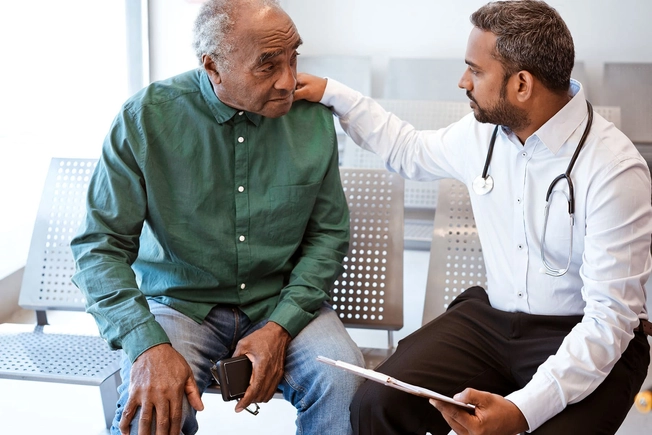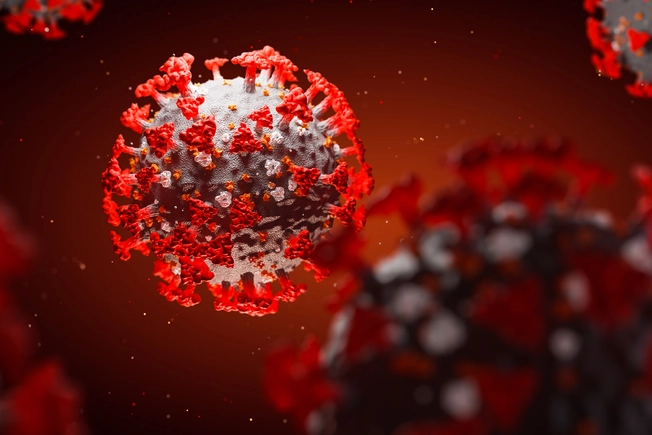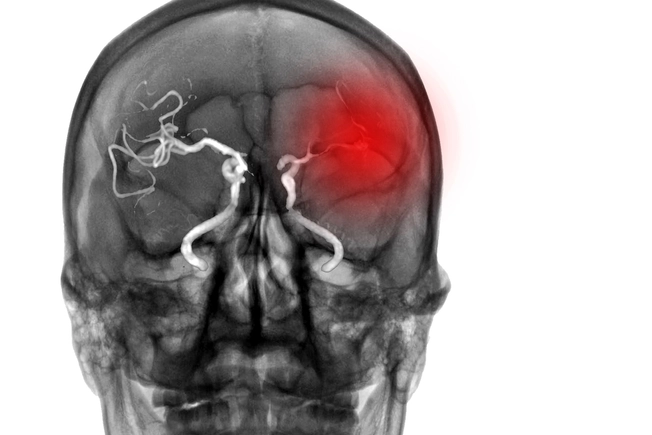Causes of Muscle Weakness


Understanding Muscle Weakness
Is it harder to get up from your chair, climb the stairs, or open a jar than it used to be? Lots of things can make your muscles lose strength and leave you feeling weak. Sometimes it happens all of a sudden. But muscle weakness is more likely to affect you little by little over time. So you may feel like it sneaked up on you. And keep in mind: Muscle weakness is different from fatigue or pain.

Getting Older
It’s normal to lose some muscle mass and get weaker with age. Doctors call this sarcopenia. You probably won’t notice it much before your 60s or 70s. Sarcopenia also can also come with other health conditions that make you inactive. If your doctor suspects sarcopenia, they may test for it by seeing how fast you can walk.

Check Your Medicines
Some medications can weaken your muscles. These include corticosteroids like prednisone and cholesterol-lowering statins. If you feel weak and don’t know why, ask your doctor or pharmacist if it might be a side effect of any medicine you’re taking.

Cold or Flu
If you have a bad cold, the flu, or some other bug, it can leave you feeling tired and weak. Flu symptoms can linger for up to a couple of weeks. But they should go away once you get better. Some viruses can infect the muscle itself to cause weakness. This isn’t likely to happen if you're otherwise healthy.

COVID-19
COVID-19 signs are often similar to those of the flu and include coughing, fever, and fatigue. But COVID also can cause symptoms in other parts of the body, including muscle weakness. If a bad case of COVID or any other illness keeps you in bed at home or in the hospital for days or weeks, your muscles also will lose strength fast. Physical therapy or exercises you do at home will help you get your strength back.

Muscle Injury
Did you lift something that was too heavy for you? Or does your work involve a lot of repetition? If so, the cause of your muscle weakness could be a muscle strain or even a tear. If it isn’t too bad, following the R.I.C.E. approach at home can help your injury heal:
- Rest
- Ice
- Compression
- Elevation
See a doctor if your injury gets worse. Regular stretching and exercises can help to keep your muscles strong and prevent future injuries.

Multiple Sclerosis
Muscle weakness can be a sign of a serious health condition like multiple sclerosis (MS). When you have it, your immune system attacks the protective layer that surrounds your nerve fibers. This leads to a breakdown in communication between the brain and other parts of your body. Signs and symptoms of MS vary widely from one person to the next, but they often include numbness or weakness in one or both arms and legs.

Stroke
If your muscles get weak suddenly, it might be a stroke. Most of the time, muscle weakness related to a stroke will affect one side of your body and not the other. You may also notice:
- Dizziness
- Blurred vision
- Trouble walking or talking
- Loss of balance and/or coordination
- Confusion
- Headache
A stroke is a medical emergency. If you think you or someone else may be having a stroke, call 911.

Other Conditions
Many other health conditions can come with muscle weakness. These include:
- Sleep disorders
- Thyroid disorders
- Chronic fatigue syndrome
- Dermatomyositis, polymyositis, and other myopathies
- Myasthenia gravis
- Heart failure
- Diabetes
If you think you're losing strength and you don’t know why, see your doctor. It may be a sign of a serious health problem.

Pregnancy
There are many signs and symptoms of pregnancy, including fatigue, but muscle weakness generally isn’t one of them. If you have another condition like myasthenia gravis that weakens your muscles, pregnancy might make it worse. See your doctor if you’re pregnant and have muscle weakness you can’t explain. While rare, it could be a sign of a health problem like Guillain-Barré syndrome.

Your Doctor Can Help
If it’s hard to do things you used to be able to do because of muscle weakness, see your doctor. They’ll likely do an exam and ask you questions. They may order tests to see how strong your muscles are. The results can help them figure out what’s wrong. They also can help to tell the difference between muscle weakness and other problems you may be having with pain, balance, or endurance.

What You Can Do
Whether your muscle weakness happens because you’re not as active, or it’s due to age or a health problem, regular exercise may help you regain some strength. Ask your doctor for advice, or consider seeing a physical therapist to help you find a healthy exercise routine. As you get older, regular exercise also can help prevent or slow muscle loss and weakening.
